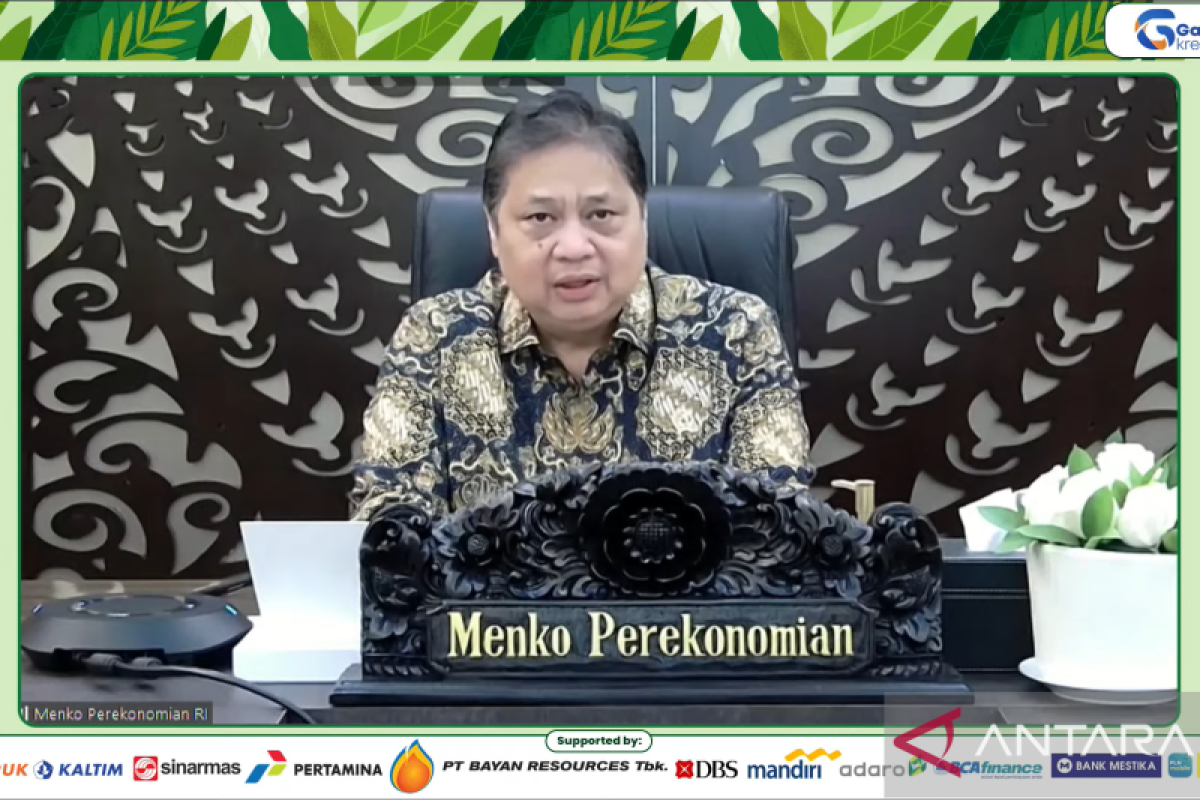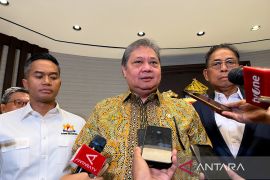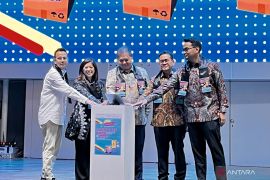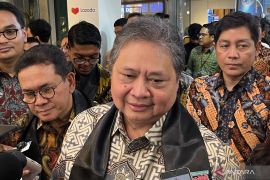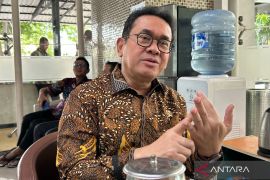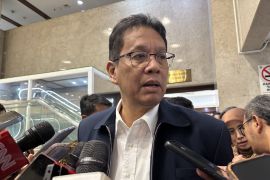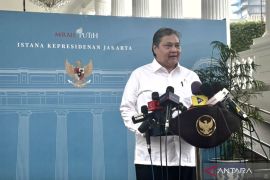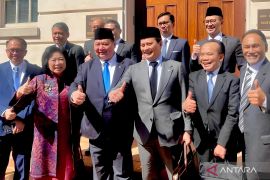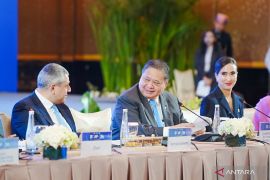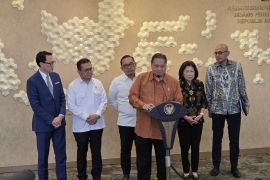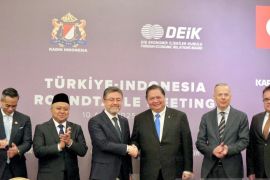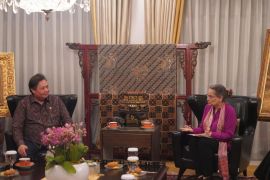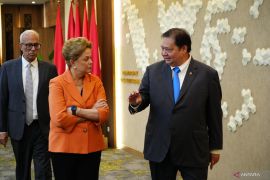According to Hartarto, the policies of the European Union (EU) could disrupt Indonesia's efforts to mitigate climate change. In addition, Indonesia has committed and is bound by the Paris Agreement and the UN 2030 Sustainable Development Goals (SDGs) agenda.
"Yesterday, during a visit to the European Union, we saw that the commodities of palm oil, coffee, cocoa, cattle, rubber, and timber were also subject to discrimination through the EUDR, and furthermore, there will be an implementation of what is called CBAM in 2026. The policy will be covering iron and steel (sectors)," the minister noted in Jakarta, Wednesday.
Hartarto conveyed the remarks at the Bisnis Indonesia discussion forum titled "Green Economy Forum 2023: Realizing Sustainable Growth through Green Economy Commitment" that was held online on Wednesday.
The EUDR policy is an EU regulation draft that aims to impose due diligence obligations on seven agricultural and forestry commodities, including palm oil.
The obligation is an effort to prove that goods entering the EU market are produced on land that was not subject to deforestation.
Meanwhile, CBAM is a policy tool introduced by the EU that requires EU iron and steel importers to be subject to additional obligations to pay carbon tax rates in accordance with the amount of iron and steel imported.
Related news: Indonesia rejects palm oil discrimination in EUDR before EU NGOs
A week ago, Hartarto and Deputy Prime Minister and Minister of Plantation and Commodities of Malaysia Haji Fadillah Bin Haji Yusof had made a visit to the EU as a Joint Mission in rejecting the new regulation.
As part of his agenda, Coordinating Minister Hartarto met with several key EU officials, including the High Representatives of the EU for Foreign Affairs and Security Policy Josep Borrell-Fontelles and Commissioner for the Environment, Oceans and Fisheries Virginijus Sinkevicius.
He also met with Executive Vice President - European Green Deal and Commissioner for Climate Action Policy Frans Timmermans, Vice President of the European Parliament MEP Heidi Hautala, and the Chair of International Trade/INTA Committee MEP Bernd Lange.
In their diplomatic efforts, Indonesia and Malaysia discussed the implementation or the impact of the EUDR on palm oil market access to the EU.
Earlier, Coordinating Minister Hartarto had expressed the same rejection at a meeting with representatives of Non-Governmental Organizations (NGOs) and Civil Society Organizations (CSOs).
He considered that the EUDR policy would hurt and harm several plantation and forestry commodities in Indonesia and Malaysia.
In addition, the EUDR policy undermines Indonesia's commitments to solving problems related to climate change issues to protect biodiversity in accordance with multilateral agreements and conventions, such as the Paris Agreement.
Related news: Minister Hartarto meets EU Ambassador to discuss EUDR
Related news: Minister Hartarto, EU officials discuss EUDR continuation
Translator: Bayu Saputra, Cindy Frishanti Octavia
Editor: Yuni Arisandy Sinaga
Copyright © ANTARA 2023
